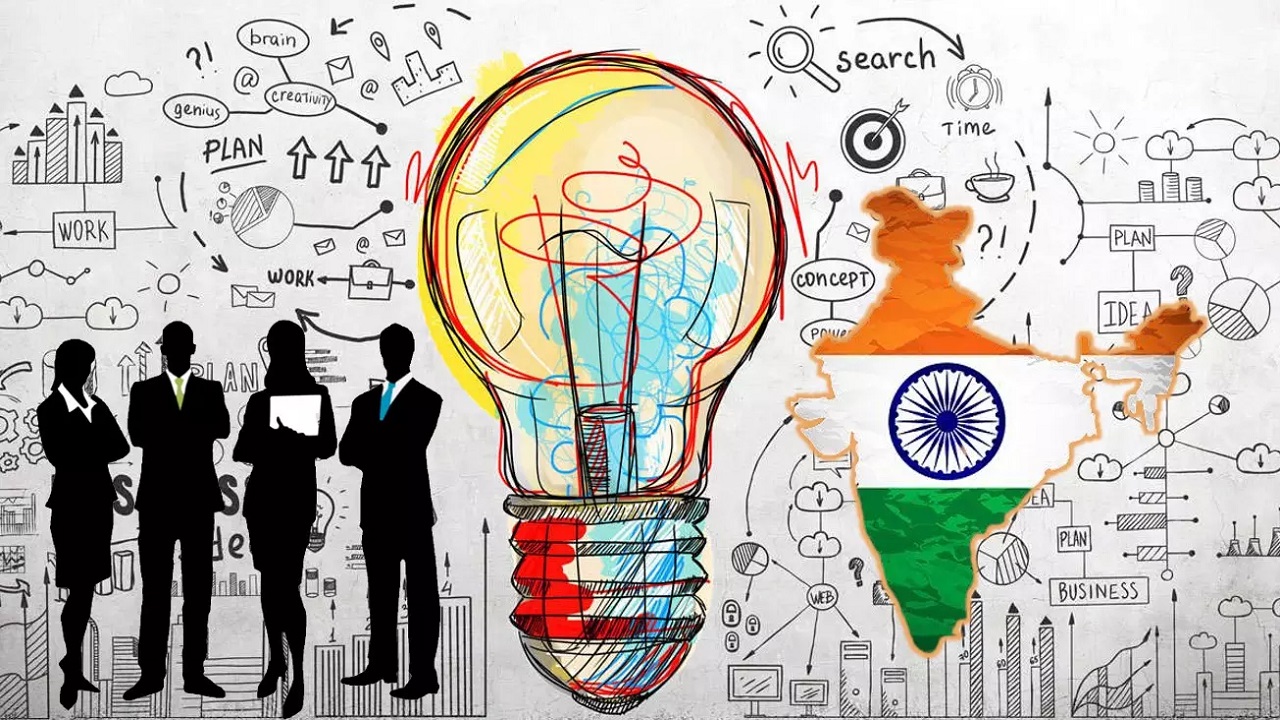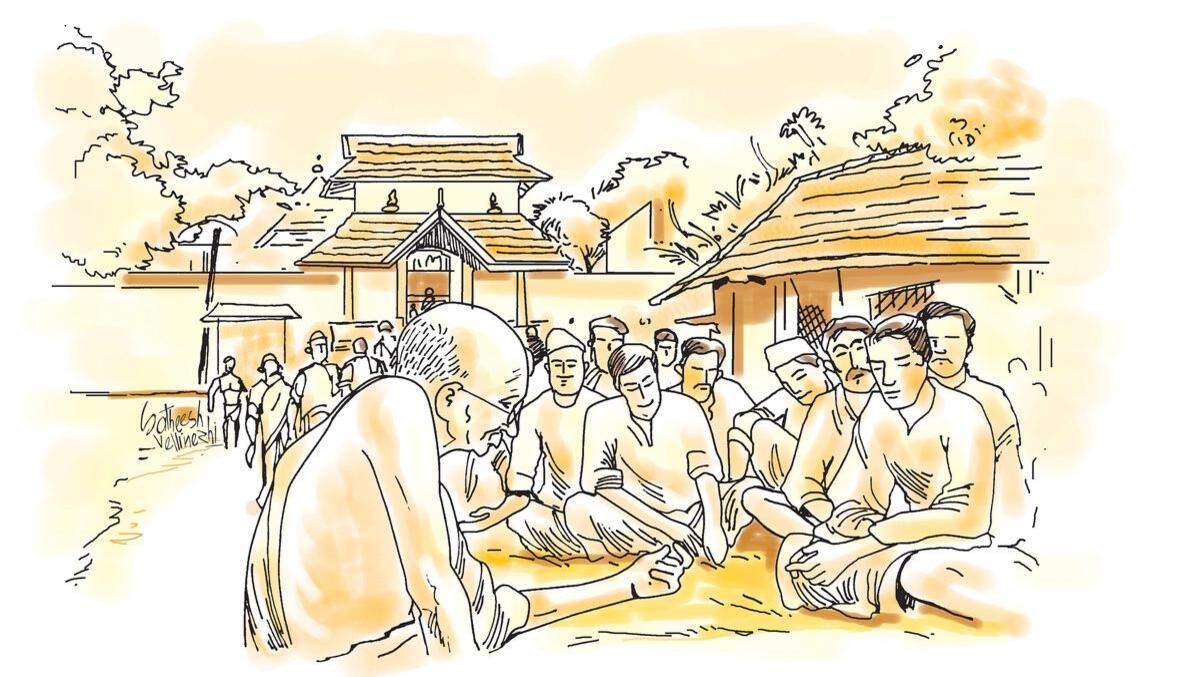India’s Global Migration: Rethinking Citizenship for the Diaspora
Context
India has the largest diaspora globally, with over 3.5 crore Indians living abroad. Migration has had significant economic, political, and cultural implications, influencing remittances, foreign policy, and citizenship debates.
As global migration policies tighten, India must reconsider its citizenship framework to strengthen diaspora ties while protecting national interests.
India’s Global Migration and Its Impact
Growing Indian Diaspora
-
The number of international migrants has tripled since 1970.
-
Nearly one in 40 Indians lives abroad, making India the largest source of emigrants.
Economic Impact
-
India receives $130 billion in annual remittances—the highest globally.
-
Remittances surpass foreign investments ($42 billion) and help reduce trade deficits.
-
Shift in remittance sources from Gulf nations to advanced economies like the US, UK, and Canada.
Migration and India’s Foreign Policy
-
India considers its diaspora a strategic asset, integrating migration into foreign policy.
-
The Ministry of External Affairs promotes overseas employment opportunities.
-
India works to protect migrant rights and strengthen economic ties with NRIs.
High-Level Committee on Diaspora & OCI
Recommendations on Dual Citizenship
-
The High-Level Committee on the Indian Diaspora (2000) recommended dual citizenship.
-
It found no constitutional barrier and called security concerns manageable.
Overseas Citizenship of India (OCI)
-
Introduced in 2005, but not dual citizenship.
-
Restrictions: No voting rights, no public office eligibility, land purchase limits.
-
OCI is a privilege, not a right, and can be revoked.
Global Trends in Migration & Citizenship
-
Tighter immigration policies in developed nations.
-
Growing risks for non-citizens, making foreign citizenship essential for security.
-
Many Indians renounce citizenship out of necessity, not choice.
Policy Recommendations for Dual Citizenship
1. Retain Indian Citizenship
-
Indians should retain Indian citizenship while acquiring another nationality.
-
Aligns with global best practices.
2. Political & Public Service Rights
-
Voting rights can be extended through in-person or overseas mechanisms.
-
High offices and security-sensitive roles may remain restricted to single-citizenship holders.
3. Security Considerations
-
Case-by-case scrutiny, rather than blanket restrictions, for dual citizenship.
-
Generational ties and security assessments to determine eligibility.
Benefits of Dual Citizenship
Economic & Emotional Ties
-
Encourages investment, entrepreneurship, and knowledge transfer to India.
-
Strengthens diaspora engagement with Indian society.
Identity & Global Integration
-
Recognizes evolving global identities and prevents diaspora alienation.
-
Avoids the forced choice between nationalities.
Conclusion
India’s diaspora is a key global asset, but the OCI framework falls short of their aspirations.
Dual citizenship would:
-
Enhance India’s global integration.
-
Strengthen economic and cultural links.
-
Encourage long-term diaspora engagement.
As India expands its global role, a progressive citizenship policy is necessary to fully leverage its diaspora’s potential.


.png)

Comments (0)